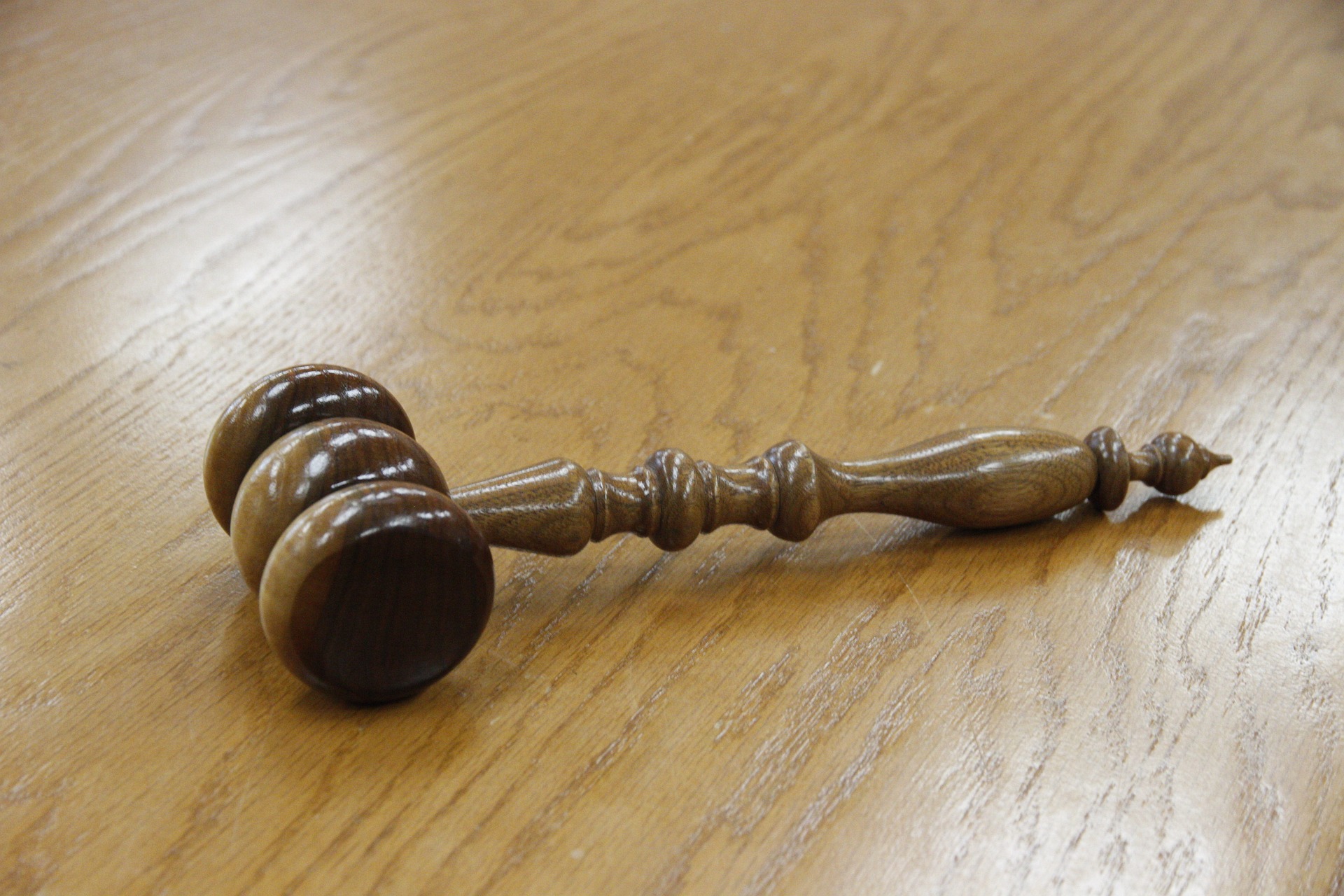The process of appointing judges to the federal bench has always been contentious, but in recent years, it has become increasingly polarized. With a deeply divided country and a Senate that is often deadlocked, nominations to the federal bench have become a lightning rod for partisan politics.
In recent years, the controversy surrounding judicial nominations has focused on two key issues: the pace of nominations and the ideology of the nominees.
The pace of nominations has been a particular issue during the Trump administration. Despite having a Republican majority in the Senate, the Trump administration faced significant delays in getting its nominees confirmed. Senate Democrats used procedural tactics to slow the process, while Republicans accused them of obstructionism. By the end of his term, President Trump had appointed more than 200 judges to the federal bench, but many vacancies remained unfilled.
The ideology of nominees has also been a flashpoint. Presidents have long sought to appoint judges who share their political views, but in recent years, the focus on ideology has intensified. Republicans have sought to appoint judges who are conservative and committed to interpreting the Constitution narrowly, while Democrats have sought to appoint judges who are more liberal and open to expansive interpretations of the Constitution.
One recent example of the controversy surrounding judicial nominations is the appointment of Brett Kavanaugh to the Supreme Court. Kavanaugh, a conservative judge who had served on the D.C. Circuit Court of Appeals, was nominated by President Trump to fill the vacancy left by Justice Anthony Kennedy’s retirement. His nomination was contentious from the start, with Democrats expressing concern about his conservative views on issues such as abortion and executive power. After allegations of sexual assault were made against Kavanaugh, the nomination became even more divisive, with Republicans accusing Democrats of a smear campaign and Democrats accusing Republicans of ignoring serious allegations.
Another example of the controversy surrounding judicial nominations is the appointment of Amy Coney Barrett to the Supreme Court. Barrett, a conservative judge who had served on the Seventh Circuit Court of Appeals, was nominated by President Trump to fill the vacancy left by Justice Ruth Bader Ginsburg’s death. Democrats expressed concern about Barrett’s conservative views on issues such as healthcare and reproductive rights, but the nomination was ultimately confirmed by the Senate.
The controversy surrounding judicial nominations is likely to continue in the coming years, as the Supreme Court and the lower federal courts play an increasingly important role in shaping American policy. With a closely divided Senate and a polarized electorate, the nomination and confirmation of judges will continue to be a contentious issue, and the makeup of the federal judiciary will remain a key battleground in the ongoing struggle for political power.




